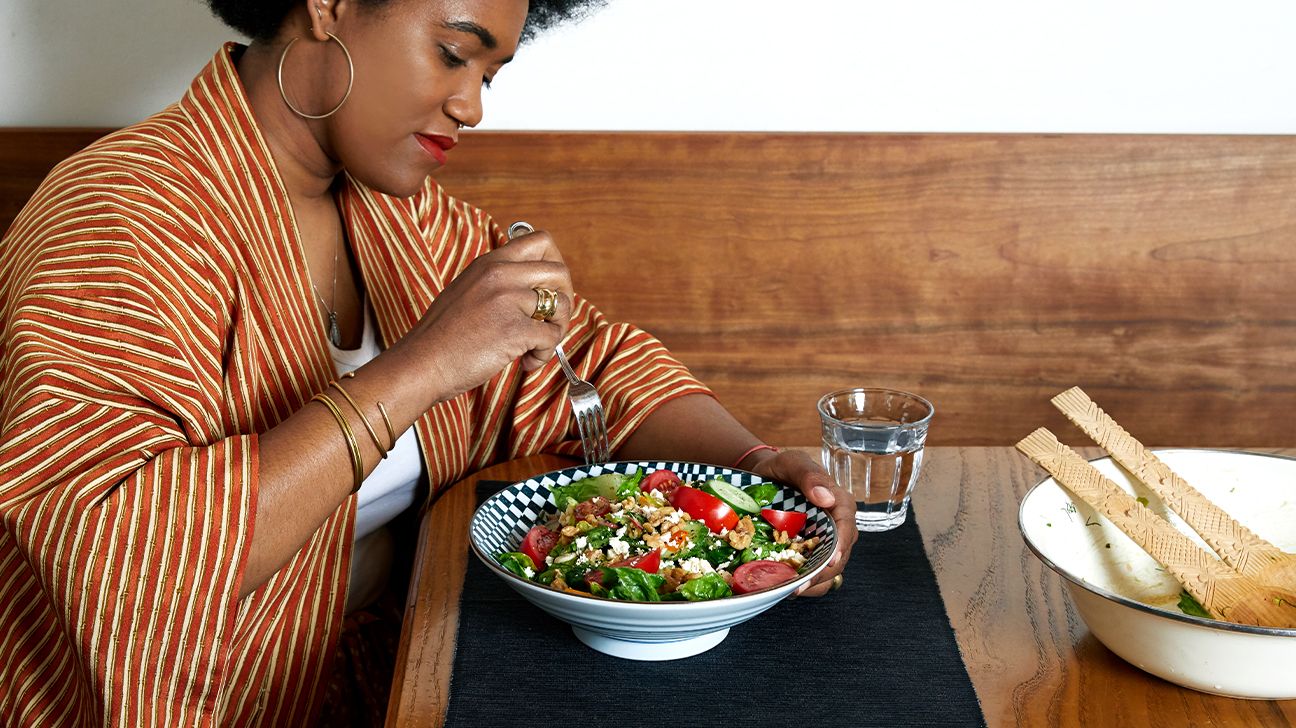Rise by Six: Your Daily Dose of Inspiration
Explore insights and stories that elevate your day.
Protein-Packed Perfection for Every Palate
Discover delicious, protein-packed recipes that satisfy every taste! Elevate your meals with nutrition that delights and energizes.
10 Easy Protein-Packed Recipes for Every Meal
If you're looking to boost your protein intake without sacrificing flavor, these 10 easy protein-packed recipes are perfect for every meal of the day. Whether you're prepping breakfast, lunch, dinner, or even snacks, each recipe is designed to provide the nourishment you need while keeping your taste buds satisfied. Starting with breakfast, consider trying a protein smoothie that combines your favorite fruits, spinach, and a scoop of protein powder for a quick and nutritious start to your day. Follow it up with a hearty quinoa and black bean salad for lunch that’s not only filling but also rich in protein and fiber.
Dinner can be both satisfying and healthy with these protein-rich meals! For example, a grilled chicken stir-fry packed with colorful veggies makes for a delicious yet easy-to-prepare option. You can also whip up a chickpea curry that’s vegan-friendly and full of flavor. Don't forget about snacks – try making Greek yogurt parfaits layered with nuts and berries for a great mid-afternoon energy boost. With these recipes, you'll have no trouble incorporating protein into every meal, keeping your body energized and your meals enjoyable!

The Importance of Protein: How Much Do You Really Need?
Protein plays a crucial role in maintaining overall health and wellness. It serves as the building block for muscles, tissues, and cells, and is essential for various bodily functions including hormone production, immune response, and energy levels. The amount of protein you need can vary based on factors such as age, sex, activity level, and muscle mass. According to the general guideline, adults should aim for a protein intake of approximately 0.8 grams per kilogram of body weight. However, individuals who engage in regular physical activity may require significantly more, with recommendations often ranging from 1.2 to 2.0 grams per kilogram to support muscle repair and growth.
It's important to remember that not all protein sources are created equal. Incorporating a variety of protein-rich foods such as lean meats, dairy, beans, nuts, and legumes into your diet can help you meet your protein needs while also providing essential vitamins and minerals. For those following a vegetarian or vegan diet, focusing on combining different plant proteins can ensure a complete amino acid profile. To effectively gauge your protein needs, consider factors like your workout intensity and goals; being mindful about protein intake can significantly enhance your performance and recovery.
Plant-Based vs. Animal Protein: Which is Best for Your Diet?
When it comes to protein sources, plant-based and animal protein each offer unique advantages and challenges. Plant-based proteins, found in legumes, nuts, seeds, and whole grains, are often lower in saturated fat and cholesterol, making them heart-healthy alternatives. They also come packed with essential nutrients, fiber, and antioxidants that support overall health. In contrast, animal protein sources, like meat, dairy, and eggs, typically provide a complete amino acid profile, which is crucial for muscle repair and growth. However, they are often accompanied by higher levels of saturated fat and can contribute to various health issues if consumed in excess.
Choosing the best protein for your diet depends on several factors, including your health goals, dietary preferences, and any ethical considerations. A balanced diet that includes a variety of protein sources can help ensure you receive the benefits of both types. Consider the following when making your decision:
- Digestibility - Some individuals find plant proteins harder to digest.
- Nutrient density - Animal proteins often come with additional nutrients like B12, iron, and omega-3 fatty acids.
- Environmental impact - Plant-based diets are generally more sustainable.